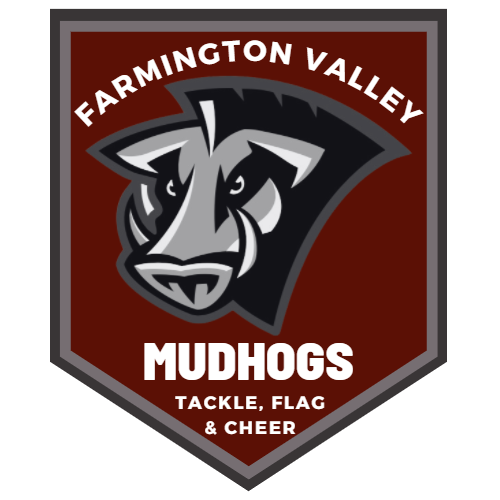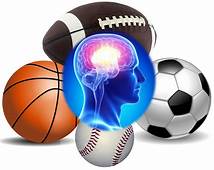Concussion Management
Farmington Valley MudHogs Concussion Management Policy
If your son/daughter appeared to have sustained a head injury, perhaps even a concussion, while participating in the Farmington Valley MudHog program, you will be given a suspected head injury form from your player’s FVM coach.
Parents should be aware that a concussion can happen without there being a direct hit to the head and can happen when the head moves rapidly in an uncontrolled fashion. This is called a coup-contra coup, the front and the back of the brain hit against the inside of the skull.
If there is a direct hit to the head and player loses consciousness a call to EMS 911 is initiated.
On field Management:
- Initial Assessment- general impression of the injury
- Check Airway, Breathing, Circulation
- Check level of Consciousness
Observation of the Athlete: By coach, referee or guardian
Vacant stare
Delayed Verbal motor responses
Confusion and inability to focus attention
Behavior or personal changes
Slurred/incoherent speech
Memory deficits- cannot answer easy questions
Loss of consciousness
Early concussion Symptoms
Headache, dizziness, lack of awareness of surrounding, Nausea or vomiting, sensitivity to light, player just does not feel right.
A concussion is a metabolic rather than a structural change to the brain. Chemical changes with in the brain tissue affect brain function instead of bleeding, bruising or swelling to the brain.
Trauma can cause a structural condition as well such as a skull fracture or bleeding in the brain.
If any “one” of these symptoms are present, then the athlete will be instructed to seek medical follow up and will not be able to return to play until he or she has documentation from a Doctor.
It is important to note that pediatric athletes can take longer than older athletes to recover because of brain development. Observation has shown student athletes who have learning disabilities or ADHD may even take longer to fully recover. FVM takes concussion management seriously and will not allow a player to play until they are fully recovered, giving them the best chance to excel as an older student athlete and adult!
If a concussion has been diagnosed, a graduated return to play protocol should be followed and players may start off with non-contact training drills with light aerobic exercise for at least the first week back.
A student should not be playing in a game or practice if they can’t do all their schoolwork and attend a full day of classes.
A player needs to be symptom free for 24 hours before gradual return to play can begin. If symptoms return at an activity level, the athlete should return to the prior symptom-free step for at least 24 hours.
Even small head impacts over time can be very dangerous.
Parents are encouraged to talk to their family doctor about getting a baseline test done through Elite Sports Medicine. For more information contact https://www.connecticutchildrens.org/search-specialties/sports-medicine/sports-medicine-programs-and-services/sports-medicine-concussion-management/

